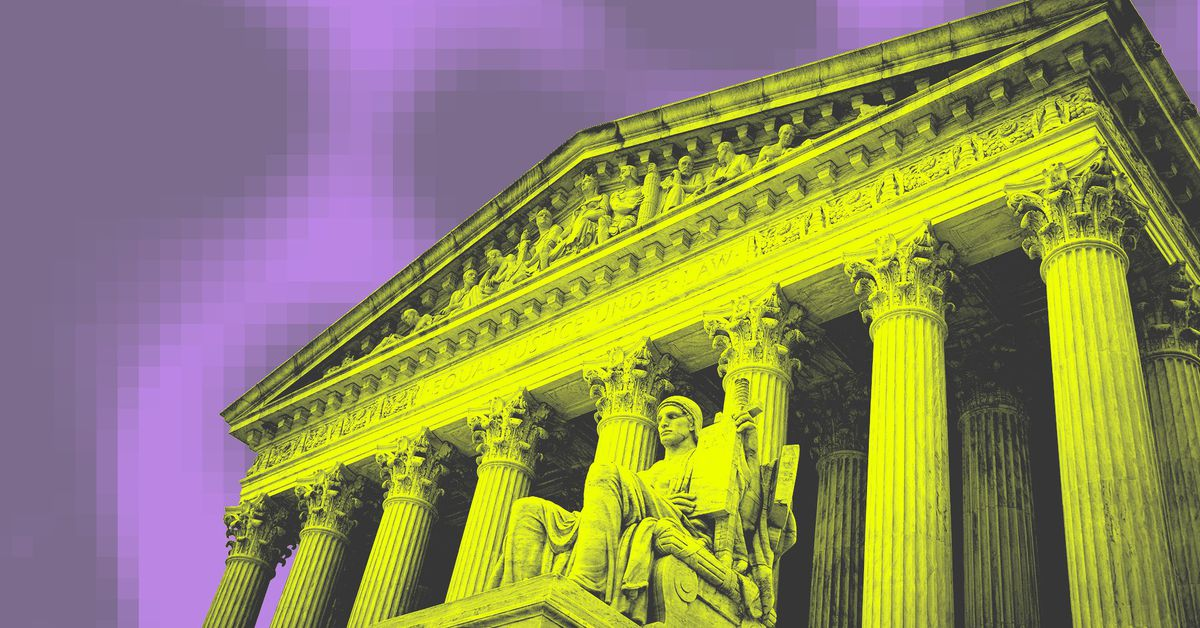The downfall of Chevron deference could completely change the ways courts review net neutrality, according to Bloomberg Intelligence’s Matt Schettenhelm. “The FCC’s 2024 effort to reinstitute federal broadband regulation is the latest chapter in a long-running regulatory saga, yet we think the demise of deference will change its course in a fundamental way,” he wrote in a recent report. “This time, we don’t expect the FCC to prevail in court as it did in 2016.” Schettenhelm estimated an 80 percent chance of the FCC’s newest net neutrality order being blocked or overturned in the absence of Chevron deference.
Federal Trade Commission Chair Lina Khan has made no secret of her ambitions to use the agency’s authority to take bold action to restore competition to digital markets and protect consumers. But with Chevron being overturned amid a broader movement undermining agency authority without clear direction from Congress, Schettenhelm said, “it’s about the worst possible time for the FTC to be claiming novel rulemaking power to address unfair competition issues in a way that it never has before.”
Khan’s methods have drawn intense criticism from the business community, most recently with the agency’s labor-friendly rulemaking banning noncompete agreements in employment contracts. That action relies on the FTC’s interpretation of its authority to allow it to take action in this area — the kind of thing that brings up questions about agency deference.



My perspective having known about Chevron before Friday is that while this is a big development for admin law people seem to be overstating the impact it will likely have. Agencies like the EPA, FDA, etc can still make rules as before now courts just have to judge arguments on interpretation impartially, like they did before the SCOTUS made the doctrine in the 80s aiding Reagan. The SCOTUS hasn’t even applied it since 2016.